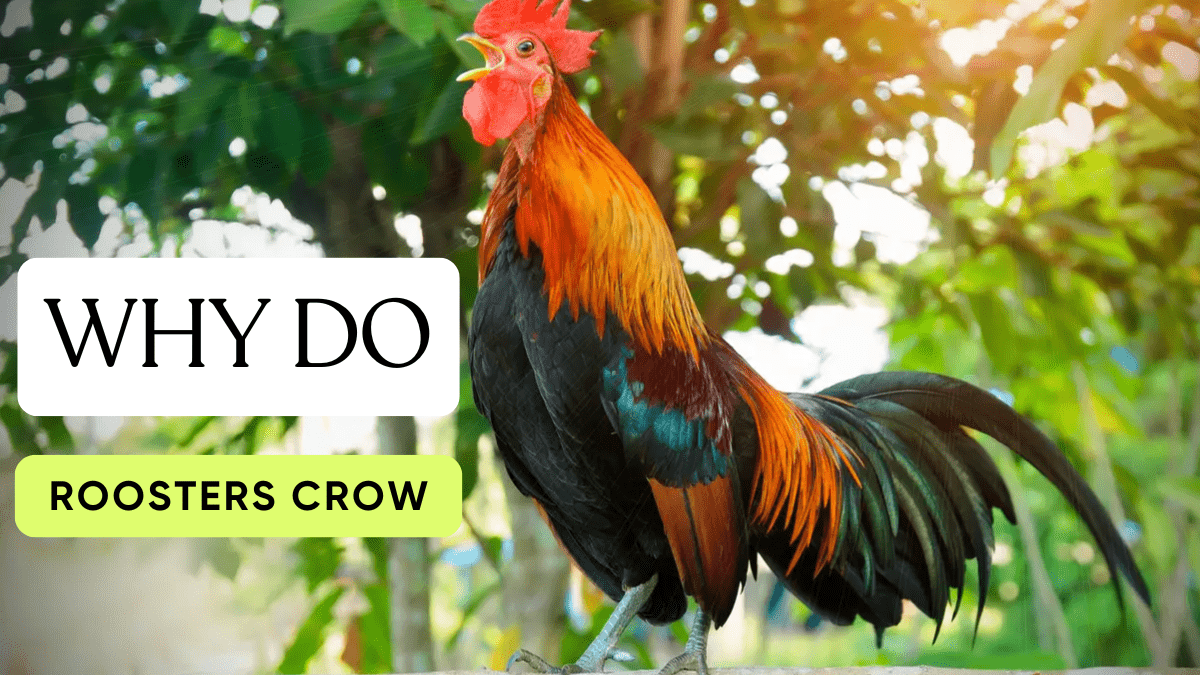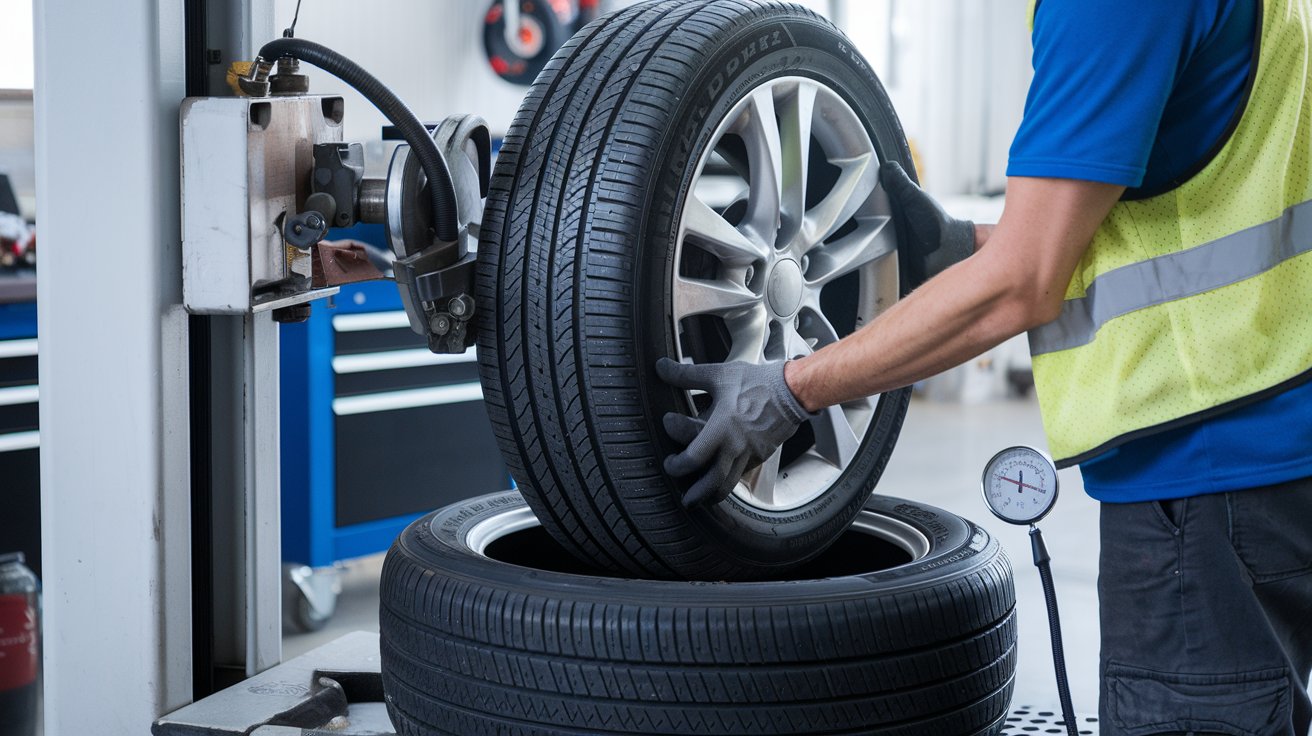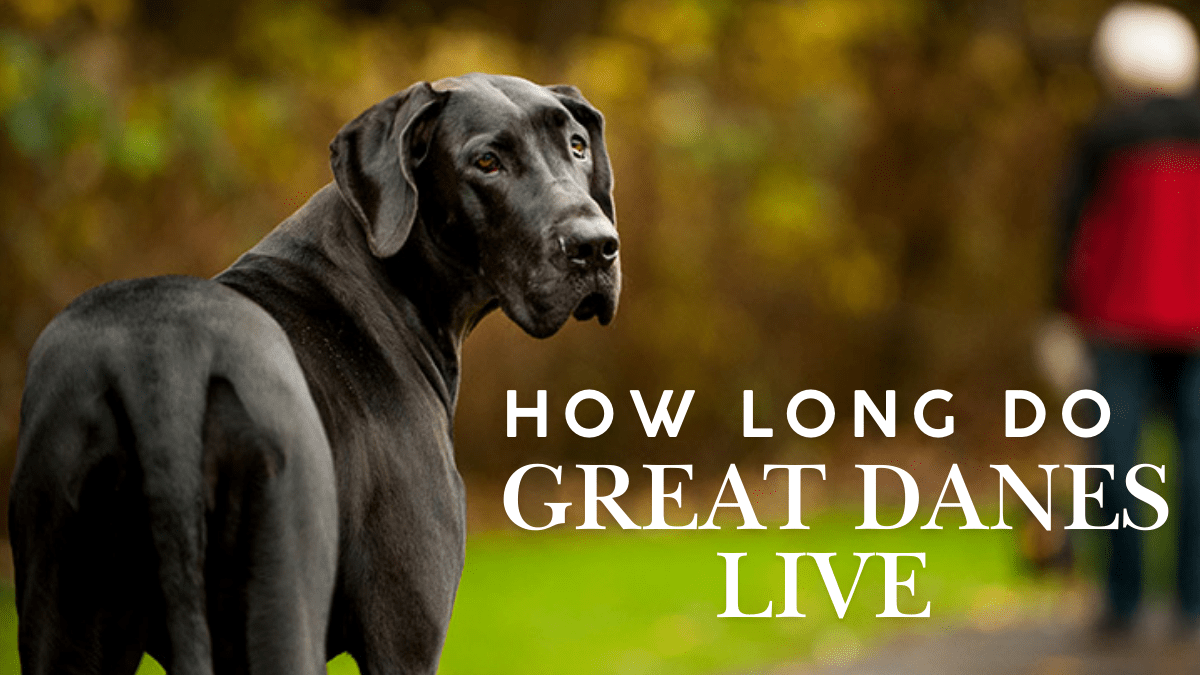Table of Contents
Roosters are well-known for their early morning calls, but why do roosters crow? Is it to wake up the farm, assert dominance, or communicate with other chickens? This article explores the fascinating reasons behind rooster crowing and delves into what makes these birds so vocal. Let’s uncover the truth behind their behavior and what it means for you as a chicken owner.
Why Do Roosters Crow? The Basics
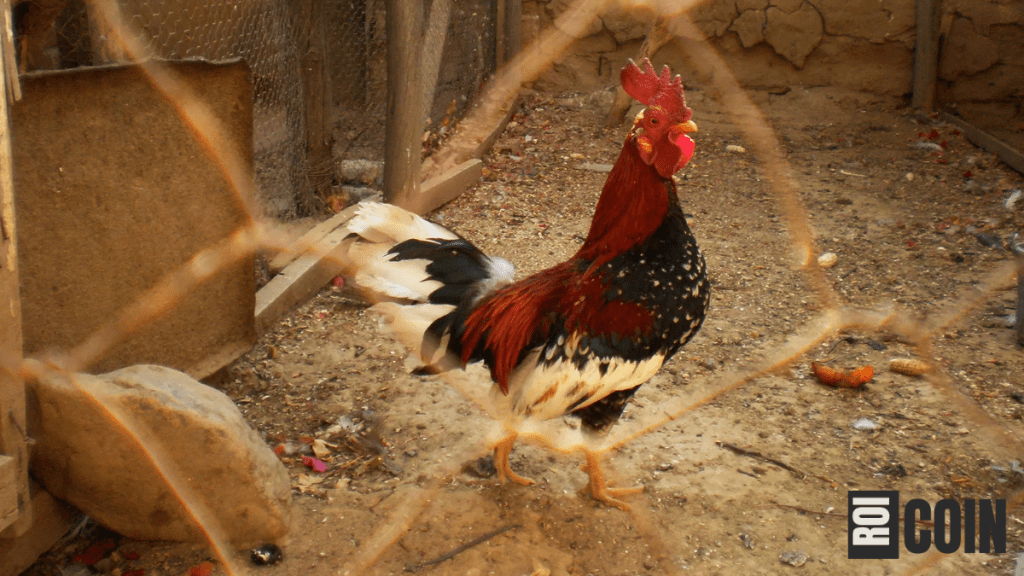
Why do Roosters Crow? Roosters crow for several reasons, not just because the sun is rising. At the heart of the matter, crowing is a way for roosters to communicate and express themselves. Crowing is a natural part of a rooster’s behavior, whether it’s to claim their territory, alert the flock, or follow their internal clock.
So, why do roosters crow so much? Let’s look into the main reasons behind this noisy habit.
Crowing to Mark Territory
One of the primary reasons roosters crow is to mark their territory. Roosters are naturally territorial animals, and crowing is how to let others know they are in charge of a specific area. This crow warns other roosters, saying, “This is my space; stay away.”
In the wild, this territorial call helps keep peace among rival roosters. Each one announces its domain through its crow, avoiding unnecessary fights. Even in domestic environments, roosters crow to remind everyone—both chickens and other animals—of their dominant status in the coop.
Check out this info: Why does my cat lick me then bite me? Here’s What It Means!
Crowing to Communicate with the Flock
Why do Roosters Crow? Roosters don’t just crow to keep other roosters away; they also crow to communicate with their flock. When a rooster crows, he often tries to send messages to the hens. His crowing could signal that food or water has been found or be a warning of nearby danger.
Roosters protect their flock, and their crowing is crucial in keeping the group informed. This instinct is rooted in their survival and protective nature, ensuring all flock members know their surroundings. So, when your rooster crows, he is doing his job of keeping everyone safe!
Get More Information: 4 Leadership Styles That Will Empower You to Lead with Unstoppable Confidence
Crowing to Wake Up
One of the most well-known reasons for rooster crowing is their association with waking up the farm. But why do roosters crow at dawn? Like humans, roosters have an internal clock, which helps them keep track of time. Their body responds to the natural light, so when the first light of dawn breaks, the rooster’s instinct is to crow.
However, it’s important to note that roosters don’t only crow at dawn. They can crow throughout the day, depending on their environment and mood. Their early morning crow might be their way of waking up the flock and starting the day, but they also grow at different times to fulfill their other instincts.
Crowing Due to Environmental Cues
Roosters are sensitive to their surroundings. Certain sounds, changes in light, and even environmental movements can trigger a crowing response. For instance, if there is a loud noise, like a car engine or a barking dog, a rooster might respond by crowing to alert the flock or assert control over the situation.
Roosters are always on alert, and crowing can be a reaction to anything they perceive as unusual or disruptive in their environment. This shows that crowing is about the time of day and their constant awareness of what’s happening around them.
See This Article: Why do Roosters Crow? A Deep Dive into Their Behavior
Crowing to Establish Dominance
Crowing can become a tool for asserting dominance in a flock with multiple roosters. The most dominant rooster typically crows the loudest and most frequently. This crowing signals his higher status, warning the other roosters to stay in line. Roosters will even have crowing contests to prove who is the most powerful and in control.
If you have more than one rooster in your flock, you may notice them crowing at each other. This is their way of competing and establishing a social hierarchy. The crowing helps reduce physical fights by allowing roosters to assert dominance through sound rather than violence.
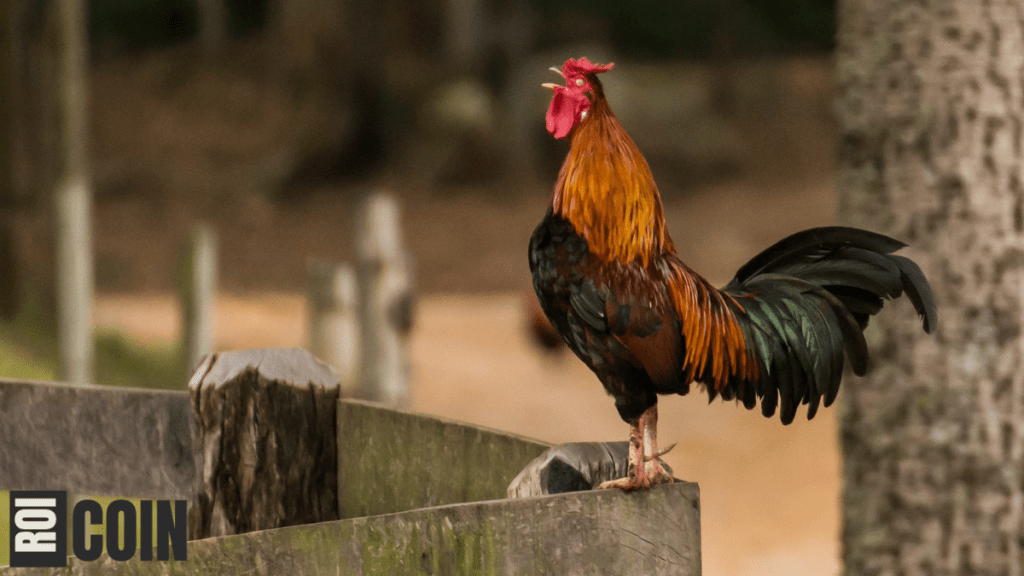
Do All Roosters Crow the Same?
Why do Roosters Crow? Not all roosters crow the same way. Some roosters are louder and more frequent than others, and some might even have a different pitch or rhythm to their crows. The individual personality of a rooster plays a role in how and when they crow. Some roosters may be more laid-back and quiet, while others are vocal throughout the day.
Interestingly, the breed can also influence crowing habits. Some breeds are naturally more vocal, while others may be quieter and crow less frequently. If you’re choosing a rooster for your flock, it’s essential to consider the breed’s temperament to ensure it fits well with your lifestyle and environment.
Can You Stop a Rooster from Crowing?
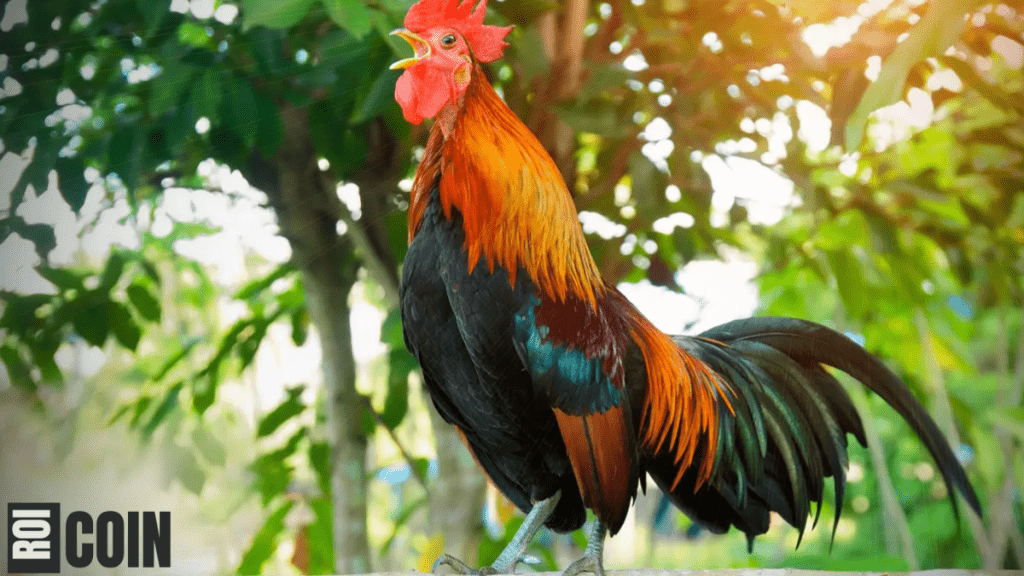
While it’s impossible to stop a rooster from crowing altogether (since it’s a natural behavior), there are ways to manage excessive crowing. Roosters crow for various reasons, so understanding what triggers their behavior can help you minimize it. For example, if your rooster crows due to environmental stimuli like loud noises, reducing those triggers can help.
Why do Roosters Crow? Another way to manage crowing is by keeping your rooster in a darker, quieter area at night to prevent early morning crowing. However, remember that crowing is a normal and healthy behavior, so you should expect some noise if you have a rooster in your flock.
So, why do roosters crow? The answer lies in their instincts to mark territory, communicate with their flock, wake up with the sun, and assert dominance. Why do Roosters Crow? Crowing is essential to a rooster’s behavior and helps maintain harmony within the flock. You can better appreciate these noisy but fascinating animals by understanding why roosters crow.

